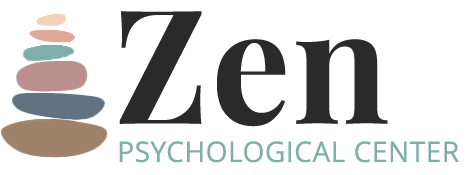We put “personality disorder” in quotations because we strongly believe that these diagnoses are often a pathologizing way for insurance companies to label traits that simply deviate from neurotypical brain structure. Instead of seeing OCPD as a “disorder,” we view it as a neurotype—a unique way of thinking and interacting with the world that deserves understanding, not stigma.
Do You Feel the Need for Control to Feel Regulated?
If your world feels overwhelming or out of control, you may find yourself relying on rigid routines, high standards, and structure to regain a sense of stability. You might struggle with:
- Perfectionism – Feeling like things must be done just right or they aren’t worth doing at all.
- High Expectations for Yourself & Others – Believing that order and precision are essential, and feeling frustrated when things don’t go as planned.
- Difficulty Delegating or Trusting Others’ Work – Feeling the need to do things yourself to ensure they are done correctly.
- Overworking & Productivity Focus – Finding it hard to relax or take breaks because there is always something that needs to be done.
- Emotional Suppression – Struggling to express emotions freely, often keeping a composed and logical exterior.
People with OCPD are often misunderstood and labeled as having personality deficits, with treatments that focus on forcing flexibility and adapting to neurotypical standards.
A Different Approach to OCPD Therapy
At Zen Psychological Center, we do not see you as “too rigid” or in need of fixing. Instead, we help you understand your own neurotype and teach strategies that allow you to regulate your nervous system without feeling like you have to control the environment around you.
You Are Not “Too Much”—You Deserve Understanding
OCPD is not a flaw—it’s a way of experiencing the world that, with the right support, can become an incredible strength. Therapy shouldn’t try to change who you are but should help you feel more at ease within yourself.

